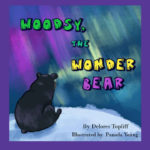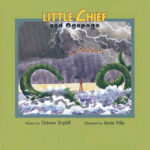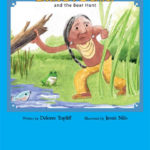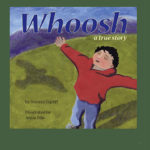 October 16 is National Dictionary Day, an unofficial holiday celebrating the birthday of Noah Webster who published An American Dictionary of the English Language in 1828, the earliest version of the now famous, widely-used Merriam-Webster Dictionary.
October 16 is National Dictionary Day, an unofficial holiday celebrating the birthday of Noah Webster who published An American Dictionary of the English Language in 1828, the earliest version of the now famous, widely-used Merriam-Webster Dictionary.
A dictionary is a book, optical disc, mobile device, or online source containing the words of a language alphabetically and providing information about their meanings, pronunciations, etymologies, inflections, and derived forms.
The best way to celebrate Dictionary Day is by expanding our vocabularies. Make sure to keep a modern dictionary in your home and that a site like Dictionary.com is tabbed as a favorite on your computer. You might enjoy the Reader’s Digest monthly feature, “How to Increase Your Word Power, or sign yourself up to a site like Grandiloquent Word Of The Day to expand your vocabulary daily.
In his book, Dead Poets Society, author N.H. Kleinbaum describes the purpose of dictionaries: “So avoid using the word ‘very’ because it’s lazy. A man is not very tired, he is exhausted. Don’t use very sad, use morose. Language was invented for one reason, boys – to woo women – and, in that endeavor, laziness will not do.”
People who love words usually enjoy puns and team up their dictionary with a copy of Roget’s Thesaurus, so I’ll close with this quote that recently appeared on Facebook: “I swallowed a dictionary. It gave me thesaurus throat I’ve ever had.”
Groan – but only people skilled in dictionaries and vocabularies have that much fun with words.
What age were you when you began using a dictionary? What is the most important thing you have learned from a dictionary?






Leave a Reply